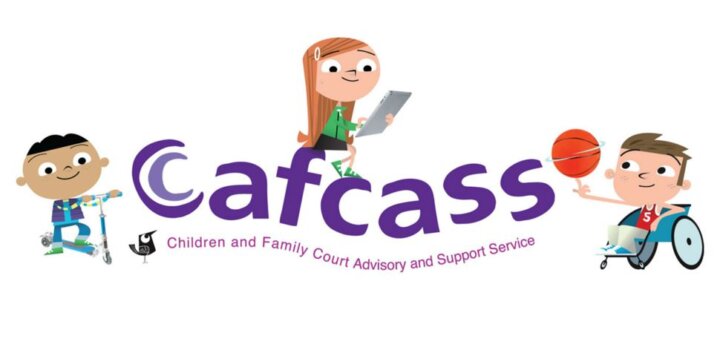When you go through separation as a parent, it is a little like starting a journey that you never intended to go on. When you are in a relationship you have hopes for the future. Separating from your partner means that there is a loss of those hopes and expectations and you do not know the direction your life will go in.
Your children will be shaped very much by how their parents behave towards them about their loss and how they behave towards each other. Each parent, regardless of who is felt to be provoking conflict or not, can manage it so it is less harmful for their children.
Although the process of adjusting to being a separated parent will at some point come to an end, your journey through life with your children does not.
A number of ideas can make a big difference to children’s lives and some important ideas to consider are:-
- Try not to fight in front of your children or ask them to choose sides.
- Accept that your children’s feelings may differ from yours.
- Think about what you can do, not what your ex-partner should or shouldn’t do.
- Focus on what has worked, not on what has not worked.
- Remember, small steps can lead to big changes.
- Look after yourself and be the best parent you can be.
Try to remember that even though you are no longer partners, you are still both parents. Children can cope well when their parents separate if there is a little conflict and they have access to both parents and the rest of the family. Your parenting relationship continues, even though your relationship stops.
It is understandable that at first, it may seem impossible to put aside the strong feelings you might have about your ex-partner so you can both co-operate over your children. The most important thing to remember is that you do not have to be friends, you just need to be able to develop a business like relationship so that you can sensibly discuss your children with your ex-partner. If you are willing to make any necessary changes, this can make all the difference to how your children experience the separation.
Some tips for contact
- Develop a practical relationship with the other parent, which is centred around being able to negotiate with each other for the best interests of your children.
- Wherever possible, take a flexible stance and be willing to compromise.
- Do not discuss things that might lead to an argument in front of the children. Agree to take it up elsewhere at another time.
- Use safeguards (such as meeting in a public place or with a third party) if you are concerned about conflict during the handover.
- Remember the parent the children live with is likely to experience different feelings to the other parent.
Tips for dealing with difficult conversations
- Even if your ex-partner is not co-operative, keep to practicalities.
- Focus on what you can control, not on things you can’t.
- Learn how to self-regulate, manage your feelings and not behave reactively.
- Try to think of things from the children’s point of view.
- Ask yourself “what difference will this make in a year’s time?”
- Finally, try not to get into arguments about what really happened. Remember that people experience things differently.
Extended Family
Remember that grandparents and other family members play an important part in your children’s lives. Quite often, these family members also suffer the fallout when parents are in conflict and they feel that they have to take sides. Even though family members might feel strongly about what has happened, it’s important to respect grandparents’ rights and allow your child to maintain contact with them when possible.
Explain to your extended family that although you understand that they may have divided loyalties, it is important that they do not speak badly about either parent as this could cause children to feel that they are in the middle of an even bigger conflict.
Whilst you are not on the original road that you thought at the start of your relationship, you are able to make some changes that will make your journey easier for you and your children.
Remember that focusing on the changes that you can make, rather than hoping for changes from your ex-partner, can make a huge difference to how your children experience the break-up.
If you would like any further information or advice in relation to children’s law and resolving parental disputes then please do not hesitate to contact us.
















